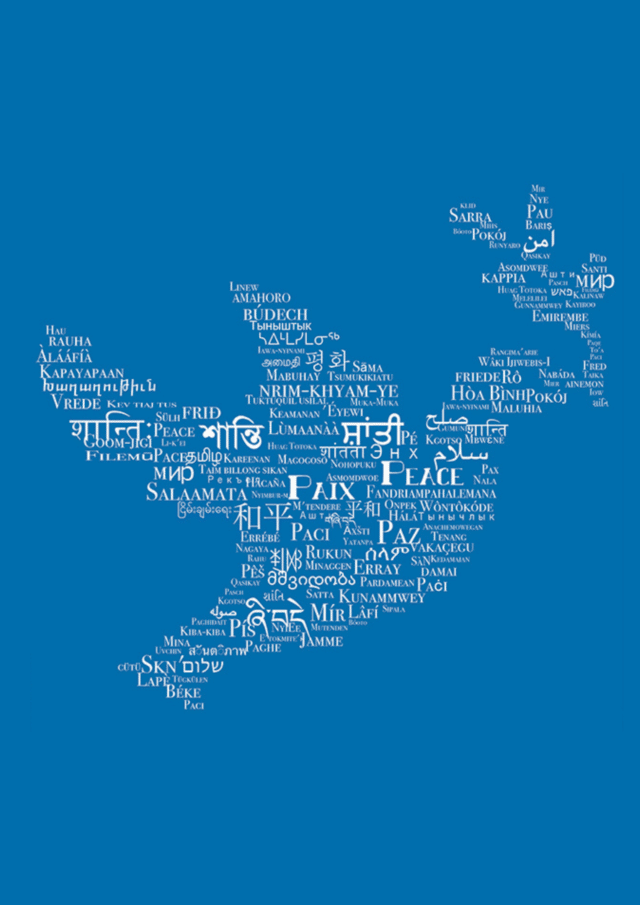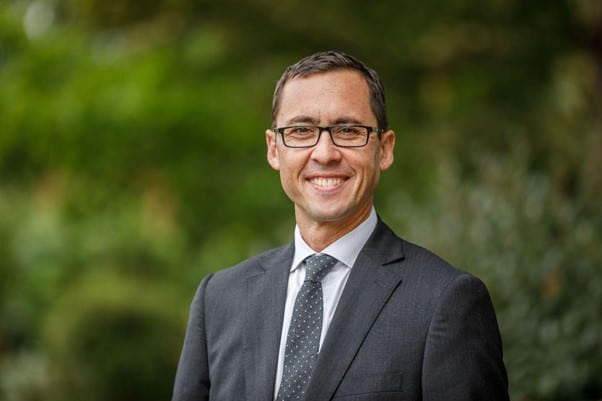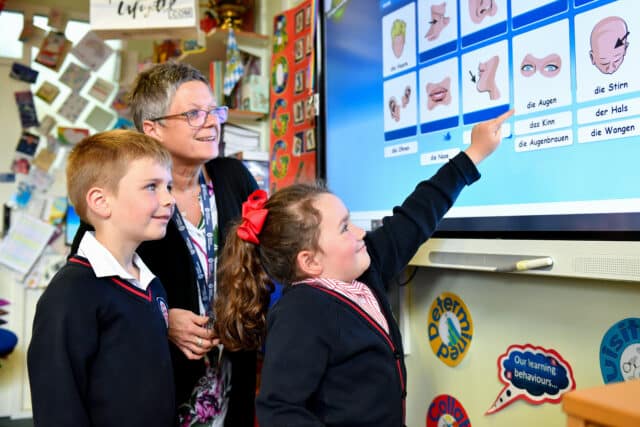Blog
Languages for a connected future: Building bridges at Freemen’s
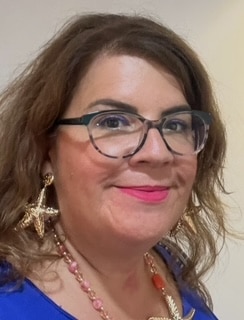
Dr Alicia Palomo López
Head of Languages at City of London, Freemen’s School
Read the blog
“If you talk to a man in a language he understands, that goes to his head. If you talk to him in his language, that goes to his heart.”
At Freemen’s, Languages have never been just about vocabulary and grammar. For me, as a native Spanish speaker, they have always been a way to open doors — to other lives, cultures, and ways of thinking.
Every year, on 26th September, we celebrate the European Day of Languages with events across Junior and Senior School. This year’s theme, Languages for a Connected Future, reflects what we want pupils to experience: the power of languages to spark creativity, build empathy, and bring people together.
A Passport to the World
In 2023 we launched our bespoke Junior School Languages Curriculum, A Passport to the World, taking pupils on a journey through languages and cultures:
- Year 3: Italian, British Sign Language, Arabic
- Year 4: Japanese, Russian, Latin
- Year 5: Spanish, French, German + WoLLoW
- Year 6: Mandarin (all year) + WoLLoW
This is more than trying out phrases; it’s about recognising that every language carries its own rhythm and soul.
Through WoLLoW (World of Languages and Language of the World), pupils connect the languages they study with those spoken at home, on holiday, or in the community. They compare structures, explore patterns, and even create new languages. Recently, three Year 5 pupils presented their invented language in assemblies, complete with grammar, pronunciation, a prayer, and a ceremonial dance. It was a reminder that language learning is about imagination and creativity as much as communication — and why I feel so privileged to witness such “magic moments.”
Duolingo Drive
From 22nd to 26th September, pupils from Year 6 to Year 13 will spend form time exploring Duolingo.
- Monday: Hawaiian, a language close to extinction — we hope our pupils can play a small part in keeping it alive.
- Thursday: Klingon from Star Trek — a playful challenge.
- Other days: Pupils can choose their own language to practise.
European Day of Languages Workshops
On Friday 26th September, five student-led activities will take place at lunchtime, organised by Junior Language Leaders and Senior Prefects, in line with our motto Lead, Learn, and Make a Difference:
- Language Detectives: solve linguistic puzzles.
- Poster Creation: under the slogan Languages Open Hearts and Minds.
- Multilingual Anthem: rehearse an anthem composed by pupils.
- Board Games & Trivia: play while learning fun language facts.
- Multilingual Dance Workshop: choreography to four European hits.
Watching pupils laugh over trivia, solve puzzles, or dance together shows how language activities also build confidence, resilience, and teamwork.
Freemen’s Conjugation Cup
Following European Day of Language’s celebrations, our pupils compete to master verb conjugations across tenses in Spanish, French, and German. Launched in 2022, this competition is a much-anticipated challenge for our strongest linguists. It’s a joyful celebration of precision, memory, and love for language.
Excellence in Languages
Celebrating languages at Freemen’s is matched by outstanding results:
- A Level: 90% A–A*. Nine percent of Sixth Formers study a language – almost triple the national figure of 2.97% (The Times).
- GCSE: German 85% grades 8–9, Chinese 87%, Latin 80%. While national entries fall, Freemen’s pupils buck the trend.
Behind these numbers lies genuine curiosity and a culture that values multilingualism as joyful and life-enhancing.
Why Language Learning Matters
Language is the heartbeat of connection. It nurtures empathy, broadens horizons, and gives young people the confidence to engage with difference. When pupils create a language, sing in many tongues, or share stories across cultures, they are also learning leadership, creativity, and resilience.
Celebrating linguistic diversity ensures all pupils feel included and valued. Adding movement, music, and games makes language learning not only memorable but fun.
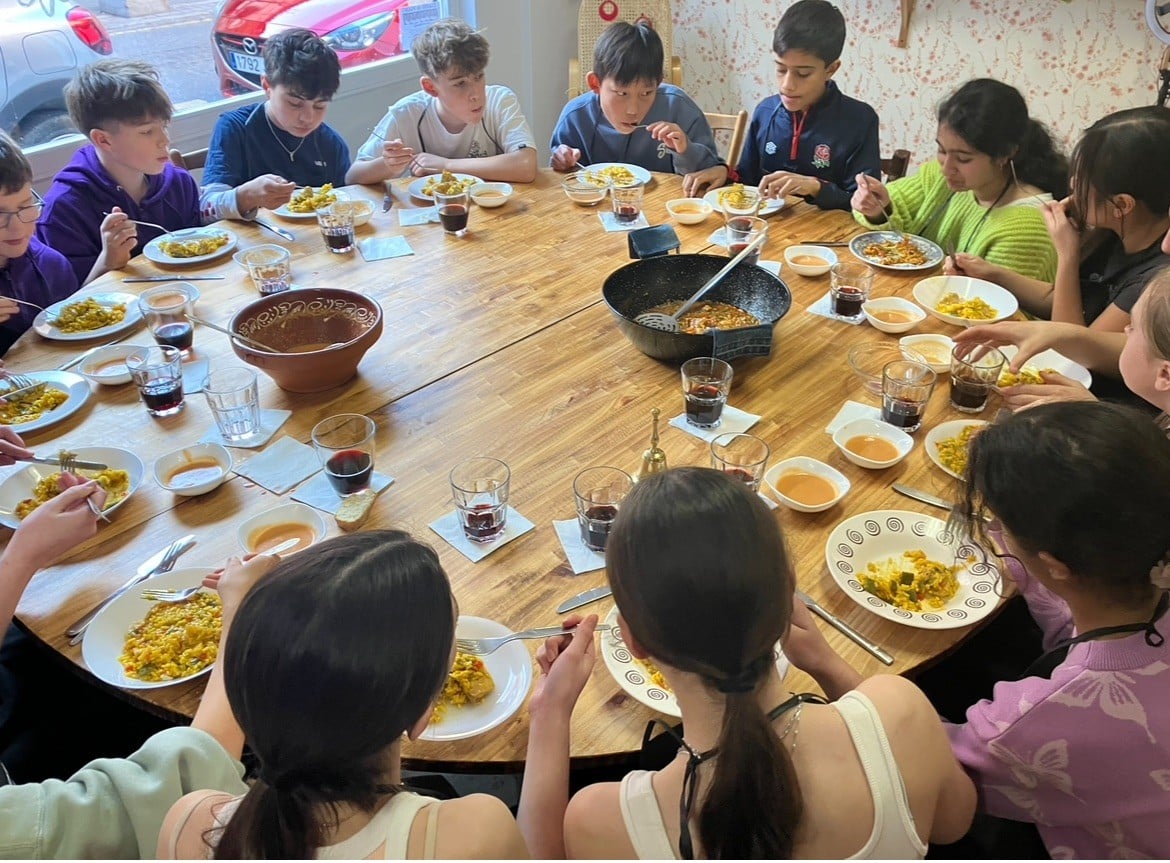
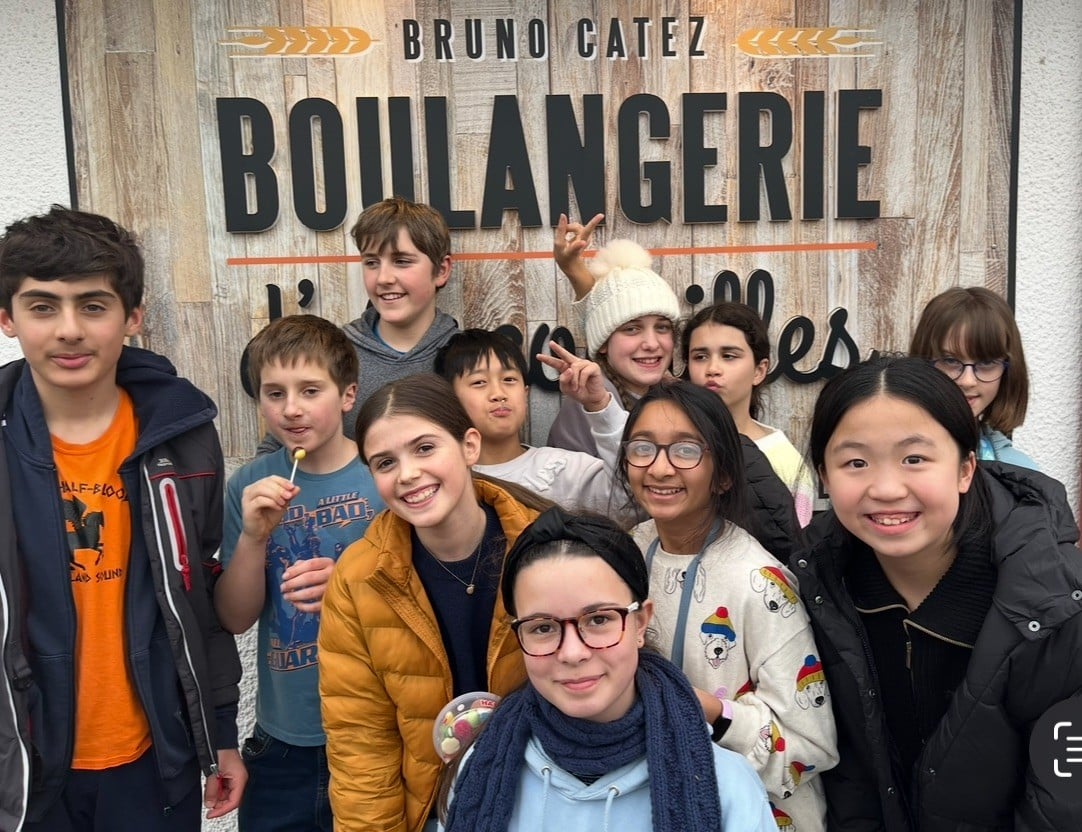
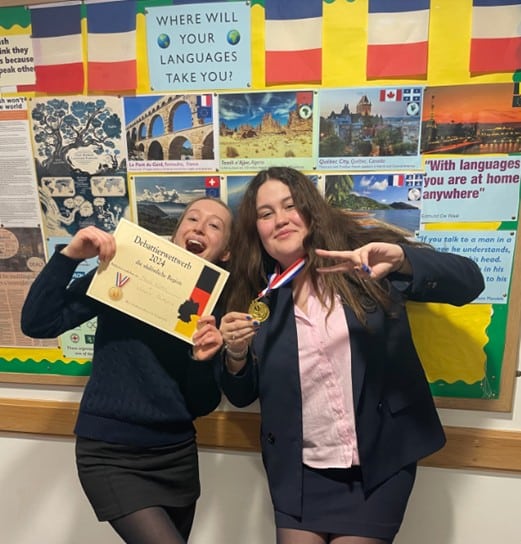
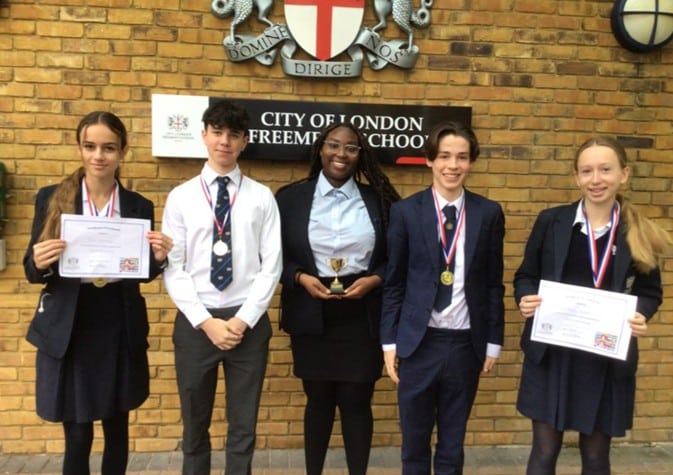
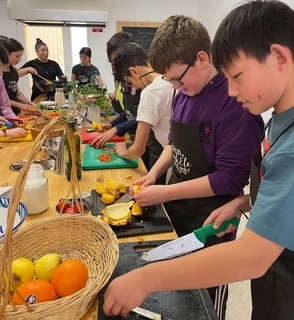
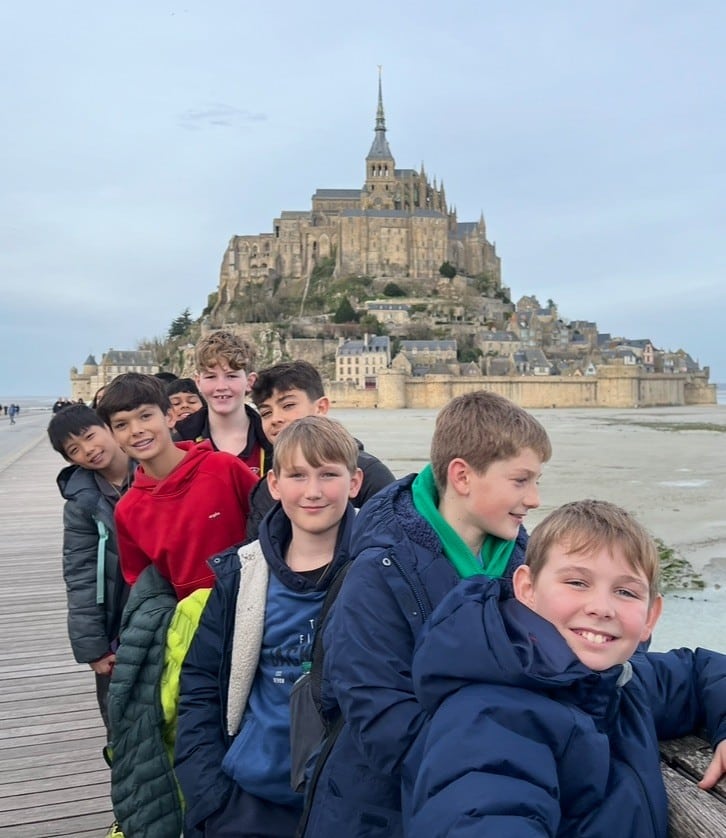
A language is not just words. It’s a culture, a tradition, a unification of a community, a whole history that creates what a community is. It’s all embodied in a language.
Looking Ahead
As educators, we can all nurture multilingualism – through student-led initiatives, creative projects, or cross-curricular links. Languages are not just classroom subjects; they are living bridges to people, ideas, and the wider world. They are truly “a passport to the world.”
At Freemen’s, each new phrase, song, or dance step is a bridge. As we celebrate the European Day of Languages, I hope we inspire the next generation of linguists to connect, empathise, and lead with understanding – proving that languages are not only skills, but lifelines for a more connected future.
The limits of my language mean the limits of my world.
